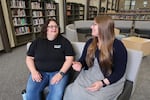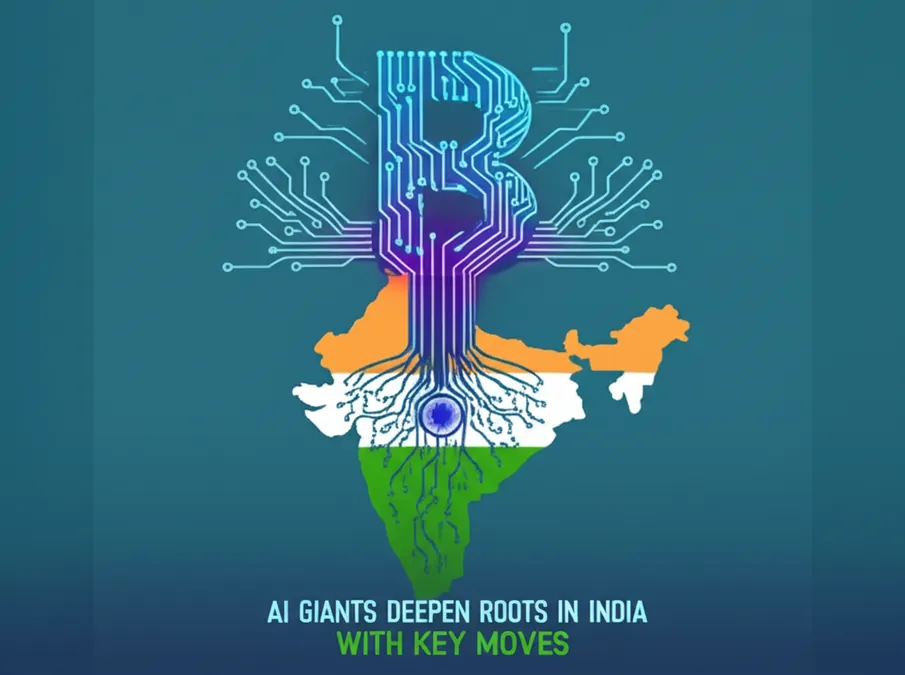Developer Offer
Try ImaginePro API with 50 Free Credits
Build and ship AI-powered visuals with Midjourney, Flux, and more — free credits refresh every month.
Oregon Schools Navigate The AI Double Edged Sword
Alena Dasha Peethala, a recent graduate from the International School of Beaverton, is no stranger to using artificial intelligence for her schoolwork. She utilized generative AI tools like ChatGPT to create study questions from her notes and get initial feedback on papers, viewing it as a technology to be managed, much like calculators or the internet.
Peethala advocates for a proactive approach, urging educators to teach students how to use AI responsibly rather than viewing it as an uncontrollable force. This perspective is crucial as schools across Oregon grapple with the dual nature of AI—a powerful tool with significant potential for misuse.
AI as a Learning and Efficiency Ally
For students like Peethala, who worked with the Oregon chapter of EnCode to promote responsible AI, the technology offers a path to personalized, judgment-free learning. Many students feel more comfortable asking AI questions they might be embarrassed to voice in class, allowing them to work through problems at their own pace.
Teachers also see immense benefits. Alexa Duda, a computer science teacher at Tualatin High School, believes AI helps automate time-consuming administrative tasks. "AI has returned some humanity to the classroom because it gives teachers the opportunity to get some of those things off of their to-do list and really be able to spend that time with their students," Duda said.
Oregon is a frontrunner in this area, being the first state to release statewide guidelines for AI in schools back in 2023. These guidelines, while not mandatory, help districts craft their own policies for ethical AI use.
The Risk of Cognitive Decline
However, officials like Adrienne Pierce from the Oregon Department of Education warn of the downsides. An overreliance on AI can lead to "cognitive offloading," where students' critical thinking and problem-solving skills may weaken. "That can be a challenge for students," Pierce explained, "to really dig into the struggle of learning that needs to happen to expand neurological pathways."
Educators like Duda actively teach their students that AI is a tool to be used thoughtfully, not as a replacement for thinking. She also highlights how AI programs can inherit and perpetuate biases, reinforcing the need for critical oversight.
A Game-Changer for Accessibility
One of the most promising applications of AI is in special education. The Tigard-Tualatin School District, a leader in AI policy, has seen its benefits firsthand. District library media specialist Kasey Fernandez shared how a special education teacher, Bruce Alter, advocated for AI on behalf of his non-verbal students who use wheelchairs. AI tools have enabled these students to complete assignments in ways never before possible, ensuring their intended thoughts are accurately captured.
Pierce compares this to a sidewalk ramp—while essential for some, it benefits everyone. AI can similarly support students at different reading levels or those for whom English is a second language, providing tailored assistance to meet individual needs.
The Hidden Costs and Social Dangers
Beyond the classroom, AI's growth carries a significant environmental cost. The massive power demands of data centers lead to soaring greenhouse gas emissions, a concern not lost on climate-conscious students like Peethala.
Even more immediate are the social perils. Students are using AI to bully and harass peers, creating deepfake nude photographs and causing severe mental distress. The development of unhealthy attachments to AI characters and therapists is another growing fear. Peethala stresses the importance of educating students about these dangers to prepare them for the reality of this technology.
The Path Forward: Empowering Student Voices
With AI firmly established in our world, educators have a duty to teach responsible use. Students like Peethala are demanding a central role in shaping the policies that will define their future.
Throughout her high school career, she worked with administrators to improve district policies on everything from academic integrity to bullying. Her message to leaders is clear: students want to be part of the conversation.
"Often what I see is that we are the minority in spaces that are really going to affect our futures the most," she said.
Compare Plans & Pricing
Find the plan that matches your workload and unlock full access to ImaginePro.
| Plan | Price | Highlights |
|---|---|---|
| Standard | $8 / month |
|
| Premium | $20 / month |
|
Need custom terms? Talk to us to tailor credits, rate limits, or deployment options.
View All Pricing Details




